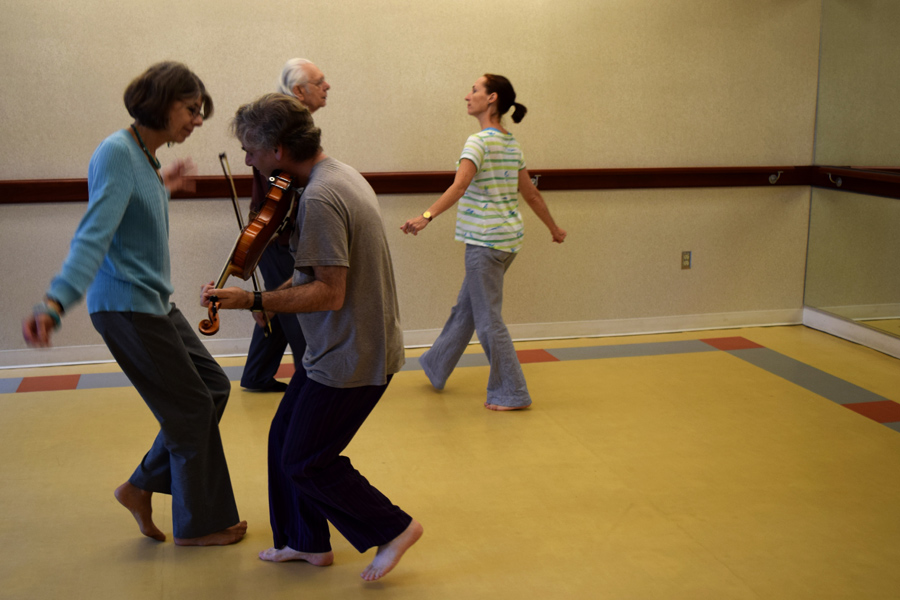Belonging is the Healing Balm: Find Community When Facing Dementia
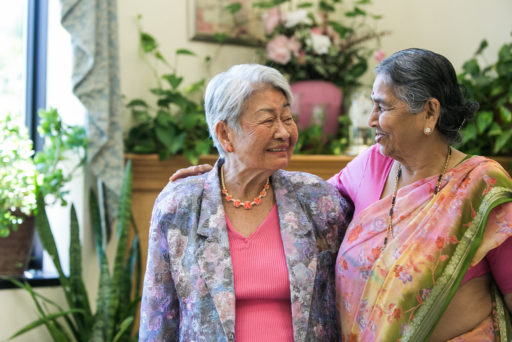
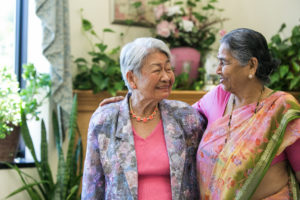
I have had a long career working intimately with people diagnosed with dementia and their family caregivers. It is a humbling lesson to see the stages of dementia from early diagnosed memory loss to near death.
As a past hospice nurse, I saw extreme frailty and utter exhaustion in patients and partners who were at the very end of the dementia journey.
When their physician finally recommended only comfort-based care or hospice care, the news often brought both grief and relief to families and patients. Now, as nurse care manager at Iona, I’ve become more aware of the agony of dementia. During consultations, I sit with family members and listen to their different interpretations of how the disease impacts the person they love. They each wait to hear from me, the clinical nurse, that it is not as bad as they think. They want to hear when relief will come, hoping to be awoken from the nightmare of this relentless and destructive disease. I see hope in their faces, their posture, and in their presence from just showing up for a consultation. If you’re a caregiver, I am sure that you can relate.
It is through these experiences that I have learned an important lesson.
The greatest relief for people with memory loss comes from community.
I’ve seen and still continue to see how the many points of human connection help awaken a person’s sense of self.
As the disease progresses, the brain becomes more impaired. There can be a loss of identity, loss of purpose, and even loss of joy. Sometimes, the person with dementia even forgets who they belong to within the context of personal relationships.
That is why trusting relationships are so important to a person with memory loss.
Having familiar caregivers, routines, and engaging events make life a bit sweeter.
I encourage caregivers to discuss and review memories that represent times of belonging with your person. Talk to them about family, friends, past employment, neighbors, faith communities, and other communities in your person’s life. In doing so, you can help remind and restore their sense of self.
There is a primal need in all of us, with or without memory loss, to be part of an authentic community. Especially for folks with cognitive impairment or memory loss, there is a need to be accepted and welcomed. I believe that creating friendly community is therapeutic beyond measure. It is really the most healing balm that we can offer as caregivers, family members, and professionals. Community is how we help those with memory loss know they are valued and supported.
By Dixcy Bosley
Dixcy joined the Iona Care Management team in 2018. She’s spent the last 30+ years developing wellness programs, raising a family, caring for her own aging parents, and advocating for informed end-of- life care in various community settings. Dixcy graduated from Catholic University’s Family Nurse Practitioner program in 1997. She later taught community health nursing at Iona, where she first discovered its many services. She
brings a deep respect for older adults who have stories to tell and lessons to teach.
Related Articles
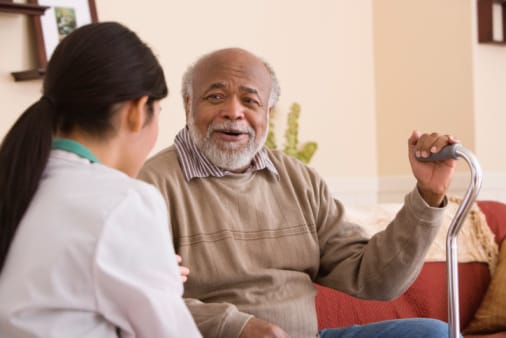
The Stories of Dementia in the District

A Couple’s Vows Create Opportunities to Age Well
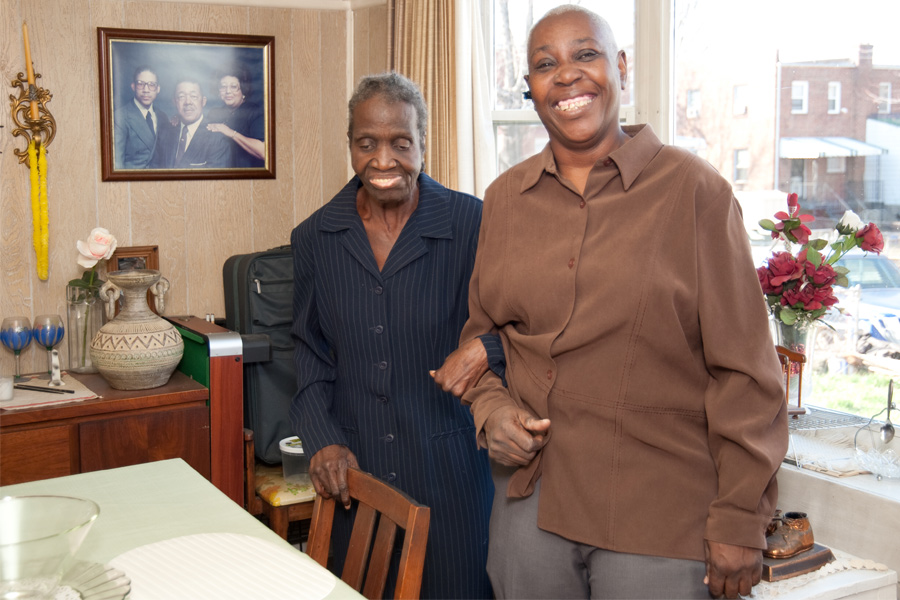
Can You Imagine Taking Three Buses to Get to Iona?
